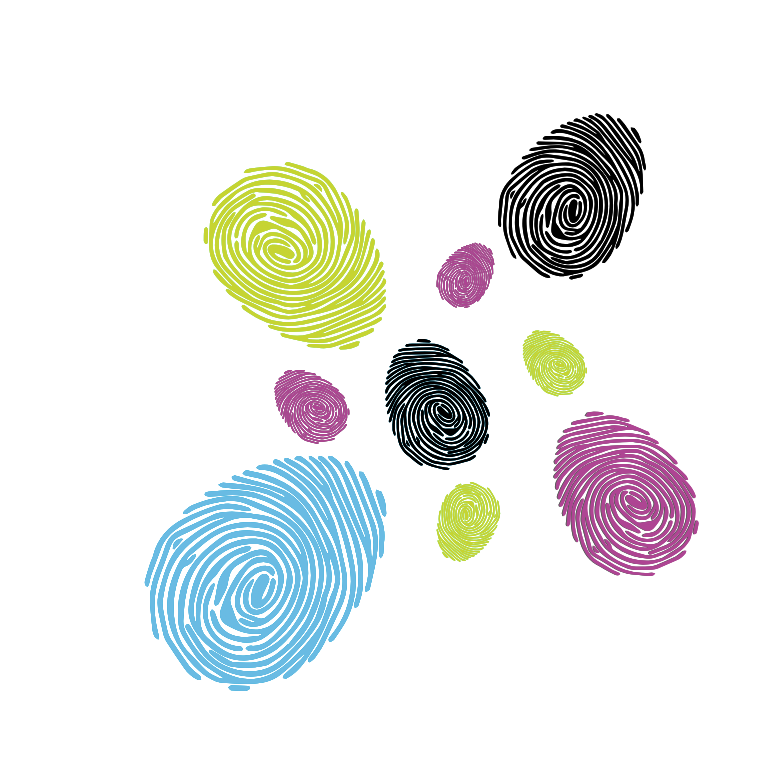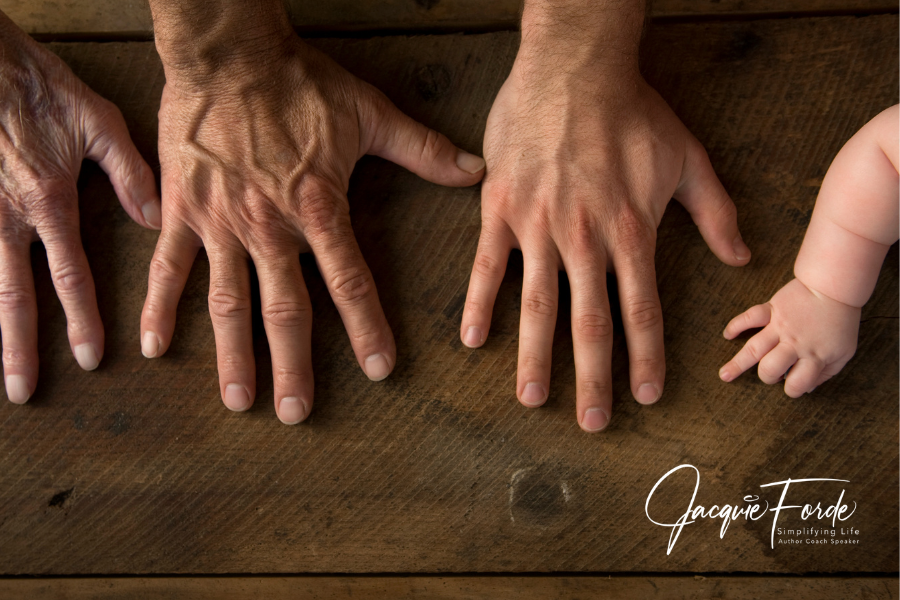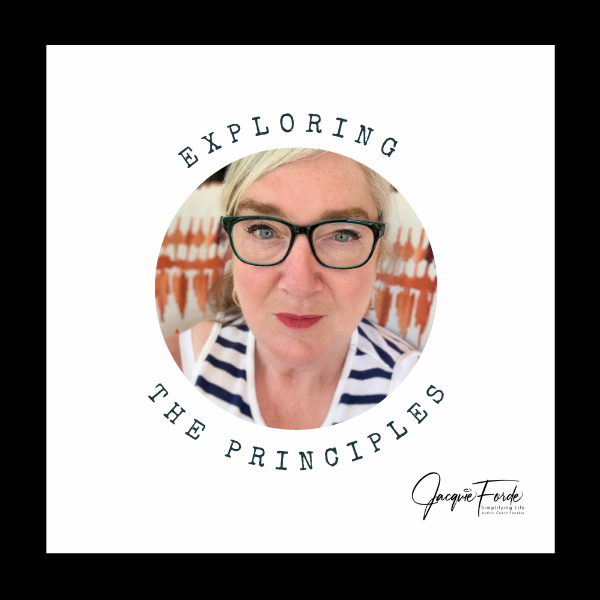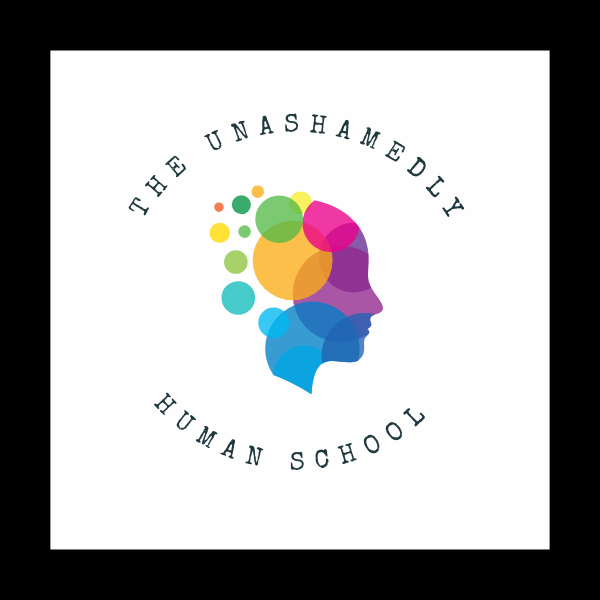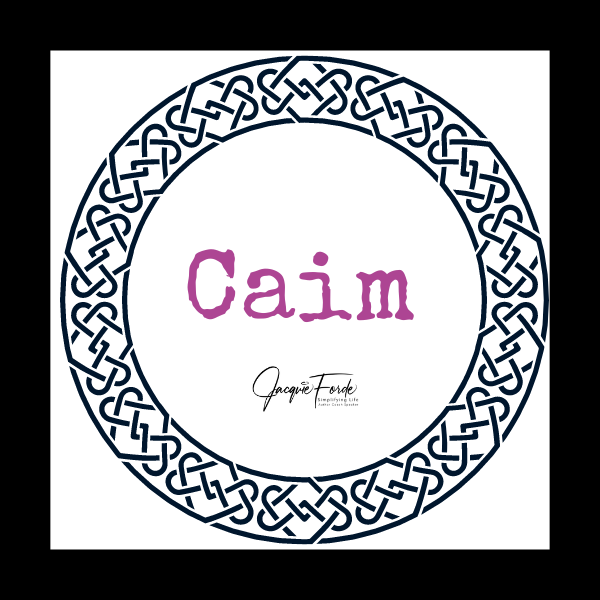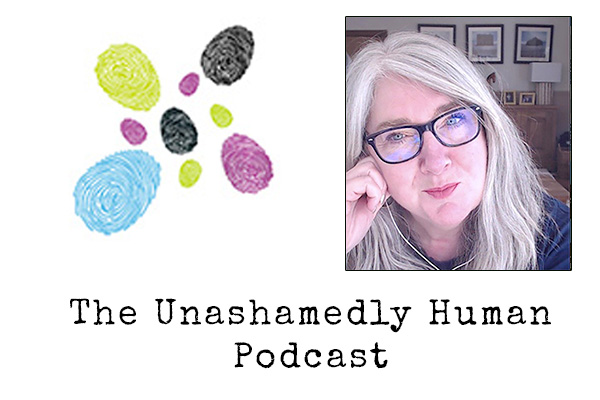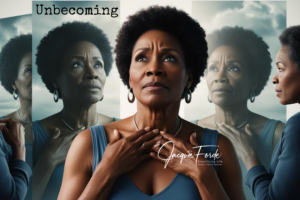We’ve all been there: you’re enjoying a quiet moment, and suddenly—wham!—a feeling or memory that doesn’t quite seem like yours pops up. Whether it’s a sudden fear, a sense of obligation, or a deep-rooted belief about life, it’s like someone hit “Play” on a generational record that’s been sitting on the shelf for decades. But why does this happen more as we age?
It’s Not Just You: The Aging Brain & Emotional Memory
There’s a lot happening in the aging brain that makes it ripe for revisiting memories, both personal and ancestral. For starters, as we age, our hippocampus (the memory center) and amygdala (the emotional hub) become like that friend who gets nostalgic at every opportunity. They love replaying stories and processing old emotions.
Interestingly, research shows that older adults are more likely to dwell on meaning and legacy, and this contemplative thinking naturally brings deeper emotional layers to the surface. Often, these layers include echoes of past family traumas. As hormones like estrogen and testosterone decrease, the body’s protective emotional “filters” get a little looser, leading to a heightened awareness of buried issues.
Hormones: The Puppeteers Behind the Curtain
Hormones influence more than hot flashes and wrinkles; they play a starring role in emotional regulation. During menopause or andropause, shifting levels of estrogen and testosterone can feel like someone dropped the control panel. These shifts impact mood stability, memory, and even our relationship with unresolved emotional patterns. Suddenly, you’re not just you; you’re the you who holds the essence of Grandma Jane’s anxiety, Great-Grandpa’s resilience, or Aunt Mabel’s pessimism.
As we lose some hormonal “armor,” we become more attuned to what’s stored in our bodies’ subconscious libraries. This includes not just our experiences but also inherited traumas—generations’ worth of struggles and beliefs carried in our very cells.
Epigenetics: The Ultimate “Family Heirloom”
Epigenetics shows that trauma changes DNA expression, essentially tagging certain genes with “alerts” for future generations. Think of it as a genetic Post-it note left by our ancestors, cautioning us to “Beware of Bears” or “Stay Alert for Danger.” This survival wisdom is helpful—but can also trigger reactions that feel oddly specific for our own lives.
As we age, we may become more sensitive to these inherited “alerts” due to hormonal shifts, life events, or simply having more mental space to tune into what our body is communicating. So, when you’re feeling suddenly anxious over something seemingly minor, remember: it might not be your fault; it could be Grandma.
Embracing the Haunting: What We Can Do
So, what’s the solution to all this ghostly baggage? While there’s no single answer, it helps to take a proactive approach:
- Understand the Science: Recognizing that generational trauma is real can help us take these feelings less personally.
- Body Work and Breathwork: Practices that engage the body can help move stagnant, inherited emotions.
- Therapy: Psychological support can work wonders by unpacking these layers.
- Laughing About It: Sometimes, the best response to the bizarre, interconnected dance of hormones, aging, and ancestors is a good laugh.
In the end, healing generational trauma is as much about acceptance as it is about unraveling. So, next time you feel an out-of-the-blue emotion, give a nod to the ancestor responsible and remember: it’s just another quirky part of being human.
